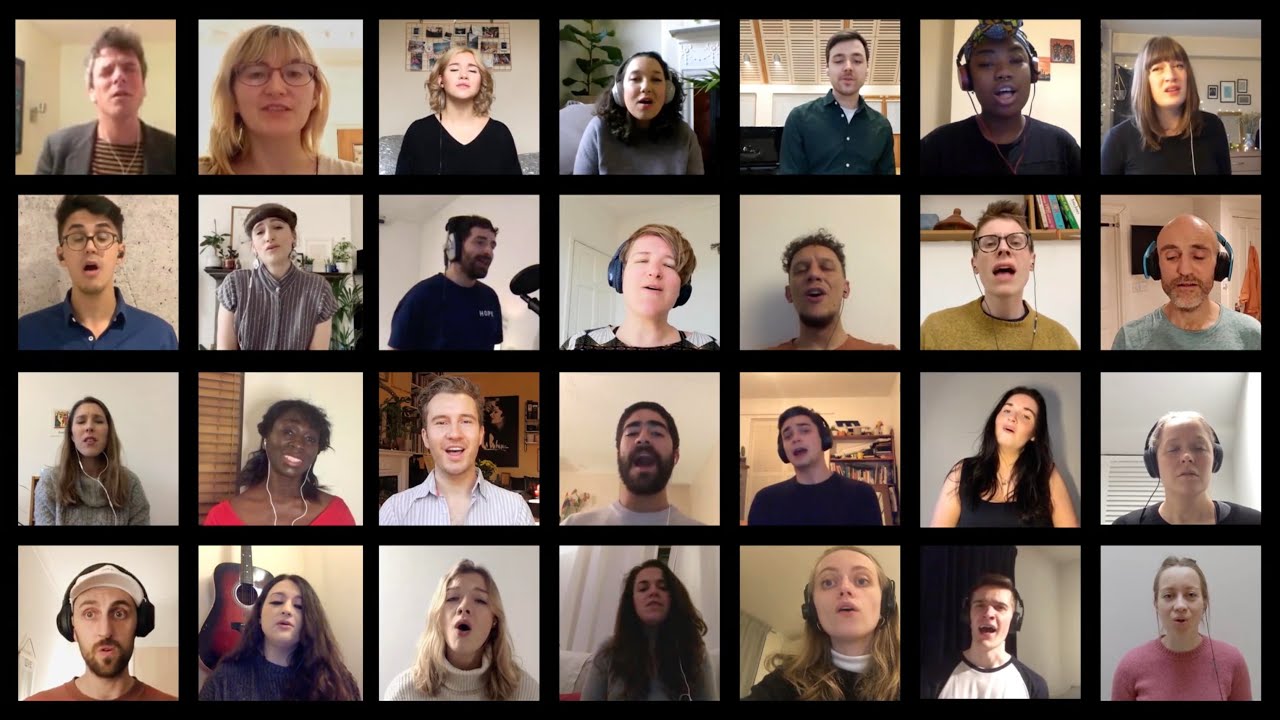Much has been said about how digitalisation has improved the way we communicate in the 21st century. Yet, if there was ever a group that has perfected the nuances of digital communication, it could well be any immigrant community.
On a video call in my kitchen I ask my aunt to correct my technique as I fold koeksister dough during a baking session fuelled by homesickness. My brother-in-law often calls as he drives home after a night shift, just as we sit down for dinner. On my commute, I listened to my godchild’s first recorded fit of laughter through my earphones.
As a South African living abroad I am often referred to as an “expatriate”. To me, the term only implies the acute longing to go home, and to be at home.
My story is not unique. For me and probably most of the 820 000 other South African families living abroad, labelling this longing as mere “homesickness” does not suffice. We steel ourselves against cultural alienation by citing complex reasons to justify the choice we’ve made to live elsewhere: economic stability, security, financial independence, career opportunities…
When these reasons no longer suffice, we get on a plane and fly home for a visit. I really needed that plane ticket in May 2020. I needed my mother by my side as I woke up from brain surgery. I needed a chance to say goodbye to my grandfather, who passed away that same week.
I stared at my grandma’s text displayed on an unsympathetic screen: “I couldn’t even say goodbye to my husband of six decades. I could only press my elbow against his at the hospital entrance. That was it.”
I knew that a text or a call wouldn’t be enough to process this loss. With his descendants and loved ones scattered between Australia, Germany, the UK, the Cape and the Boesmanland, I knew that a live-streamed funeral via an unstable internet connection would only serve as a painful reminder that we couldn’t come together to mourn the passing of our patriarch.
I decided to compile an audio memorial service by collecting eulogies, in the form of WhatsApp voice notes, from friends and family. Using these eulogies, along with carefully curated background music and sound effects, I crafted a memorial service that we could all listen to simultaneously. From the intimacy of our living rooms, speckled across the globe, we said goodbye. Together. Yet apart.
My grandfather’s audio memorial helped me and my family to reclaim our grief. It’s not a substitute for a physical funeral, but it did provide us with a way to honour his memory. It was accessible, authentic and safe.
The audio format of a private podcast is a protective shield against judgment, nerves and fear, creating an environment where each person can grieve authentically: those who wail, those who stutter, those who laugh.
I shared my ideas with others and Herklink — a portmanteau of herinner (remember) and klank (sound) in my native Afrikaans — was born. It became a service to produce audio memorials for families who are unable to hold a traditional funeral because of the current travel and congregation restrictions.
When families stream their audio memorial service, their IP addresses across the Pacific, Atlantic and Indian oceans create a map of grief on the analytics dashboard. But, it’s also a map of resilience, care and ubuntu in a world that needs so much more of it.
Calling after he got off his shift, my brother spoke about administering oxygen to patients in the parking area outside Tshwane District Hospital. “Covid is definitely here, there’s no doubt. The question is, what can we still do to help?” he said.
I think my answer is that I hope I will help people grieve safely.



